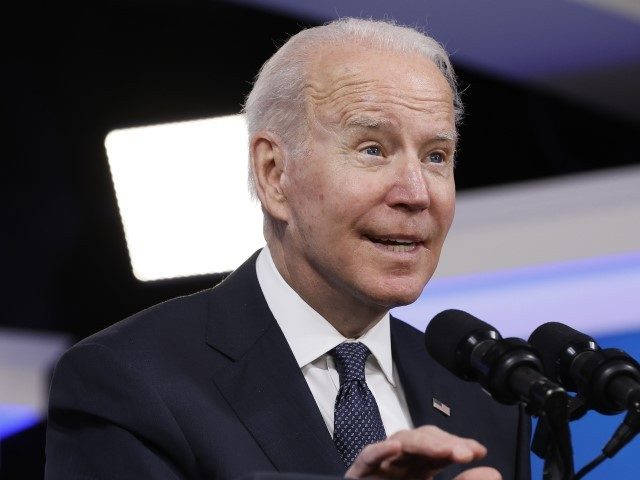The prices of products manufactured in the U.S. central Atlantic region rose in January at the fastest annual pace recorded in data that stretches back twenty-five years, according to a survey from the Federal Reserve Bank of Richmond released Tuesday.
The Fifth District Survey of Manufacturing Activity found that prices charged by manufacturers for their goods were up 11.27 percent compared with a year ago, the biggest year-over-year surge of inflation on record in survey data going back to 1997.
The prices paid for materials and components used to manufacture products also jumped at a record pace, soaring 14.3 percent. That is also the highest ever inflation reading recorded in the survey.
Both measures show inflation re-accelerating in January. In December, the prices received gauge showed 8.26 percent inflation and the prices paid metric stood at 13.8.
The extreme inflation readings came despite a slowdown in the rate of growth of the manufacturing sector in the region. The Richmond Fed said its composite index fell to eight in January from 16 in December. That was lower than the consensus forecast.
The index reflects the responses of manufacturing firms across the Fifth Federal Reserve District–which covers the District of Columbia, Maryland, North Carolina, South Carolina, Virginia, and most of West Virginia–t0 survey questions asked by the Richmond Fed each month.
The measures of new orders and employment declined in January, signaling that both grew slightly in January. The shipments index rose slightly.
“Reported hiring moderated in January as fewer manufacturing firms increased employment compared to December,” the Richmond Fed said. “Firms continued to report challenges finding the skills that they need”.
The index of vendor lead time jumped to 50 from 35 the previous month. The index of local business conditions declined deeper into negative territory.
Expectations for inflation were mixed. Expectations for prices paid six months from now fell from seven percent expected annual inflation in December to 5.83 percent. Expectations for what manufacturers expect to charge went the other way, with price inflation expected to run at 5.97 percent compared with 5.66 percent in December.

COMMENTS
Please let us know if you're having issues with commenting.